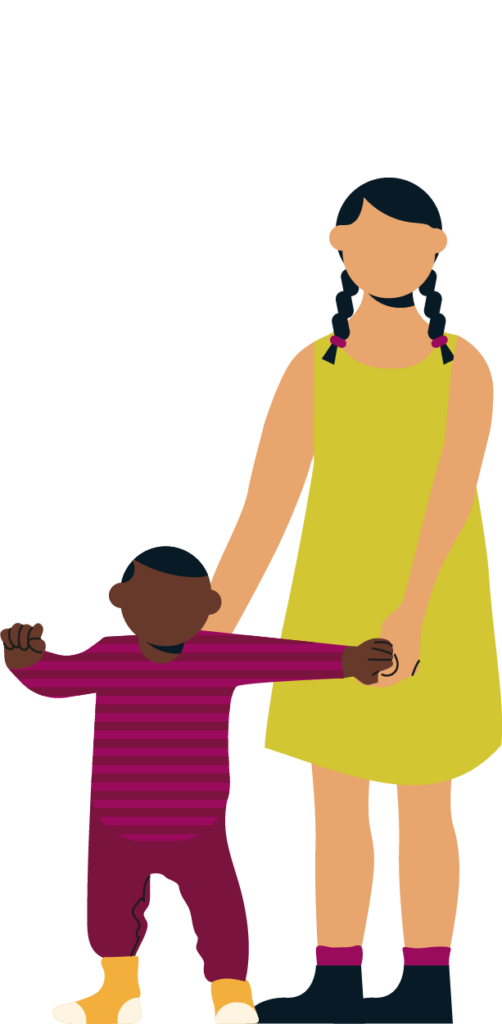Support with behaviour: guide for parents
When we talk about ‘behaviour which challenges’ we are looking at a range of behaviours which some of our children and young people with severe and profound learning disabilities may display to enable them to get their needs met.
Some of these behaviours may include:
- Physical aggression (e.g. hair pulling, hitting, head-butting)
- Self-injurious behaviours (e.g. head banging, eye poking, hand biting)
- Behaviours towards property or possessions (e.g. throwing things,
breaking furniture, tearing things up) - Eating inedible objects – PICA (e.g. soil, grass, soaps/shampoo, clothes, etc)
- Other behaviours (e.g. spitting, smearing, repetitive rocking stripping off,
running away)
When we look at challenging behaviours – there is always a reason why it occurs. These reasons may include illness or pain; it could be a way for the young person to control what is going on around them/to get their needs met, or due to communication difficulties. It’s important to remember that we need to understand the reasons behind challenging behaviour, for change to happen!
So how can we support you and your child/young person around their behaviour? There is no ‘quick fix’, but what we can do is work alongside you, the young person and any other relevant people/agencies to prevent and/or reduce these behaviours. It is imperative that we work alongside each other, consistently, with everyone following the same plan.
ABC Reading Chart
| Antecedent What happened immediately before the behaviour? | Behaviour What did ……. do? | Consequence What happened after the outburst? |
Behaviour Monitoring Chart
Please include as much information as possible (even things that do not immediately appear relevant). The questions listed do not all have to be answered but are there to guide you into the type of things it would be useful to record.
| Date | Setting Where/who was there/ noise levels etc. | Trigger What was happening before behaviour occurred? Had anything caused distress? | Behaviour Describe what actually happened (include how long the behaviour lasted, how intense it was etc) | Result What happened afterwards? How did carers respond? Were there consequences for the child? How did the child calm down? | Comment Is there anything else you wish to comment on? |
